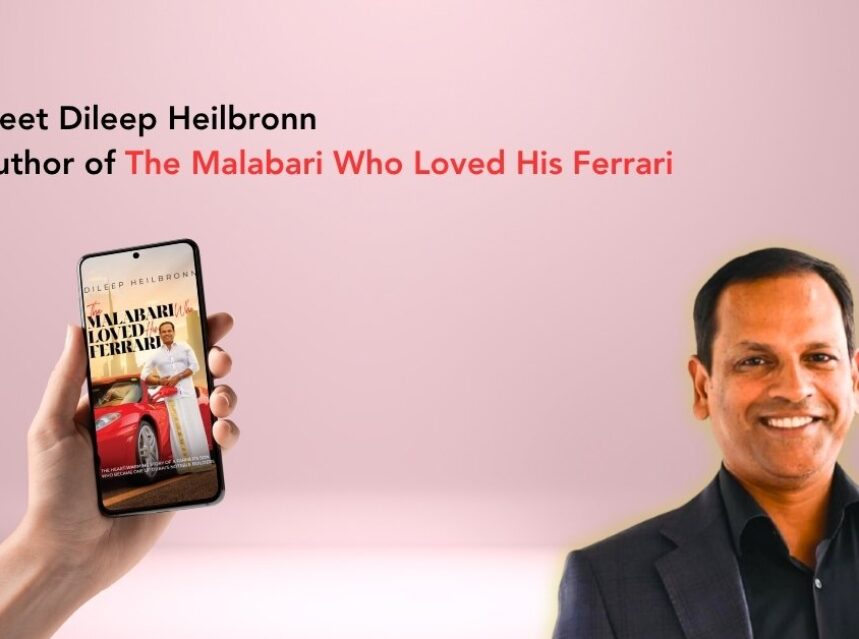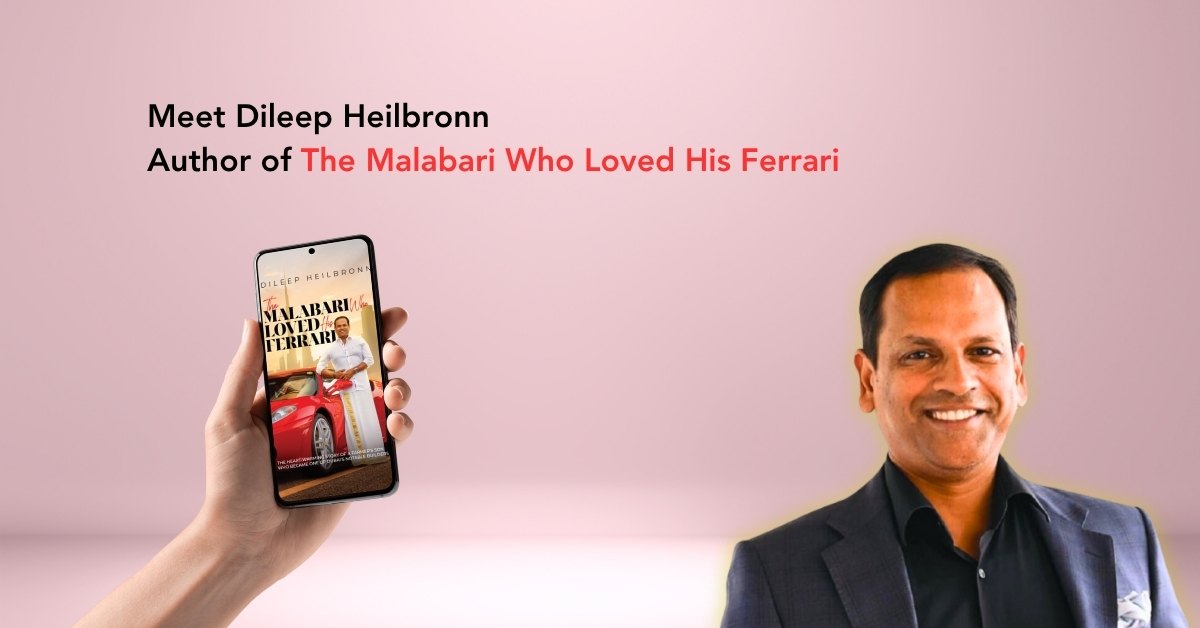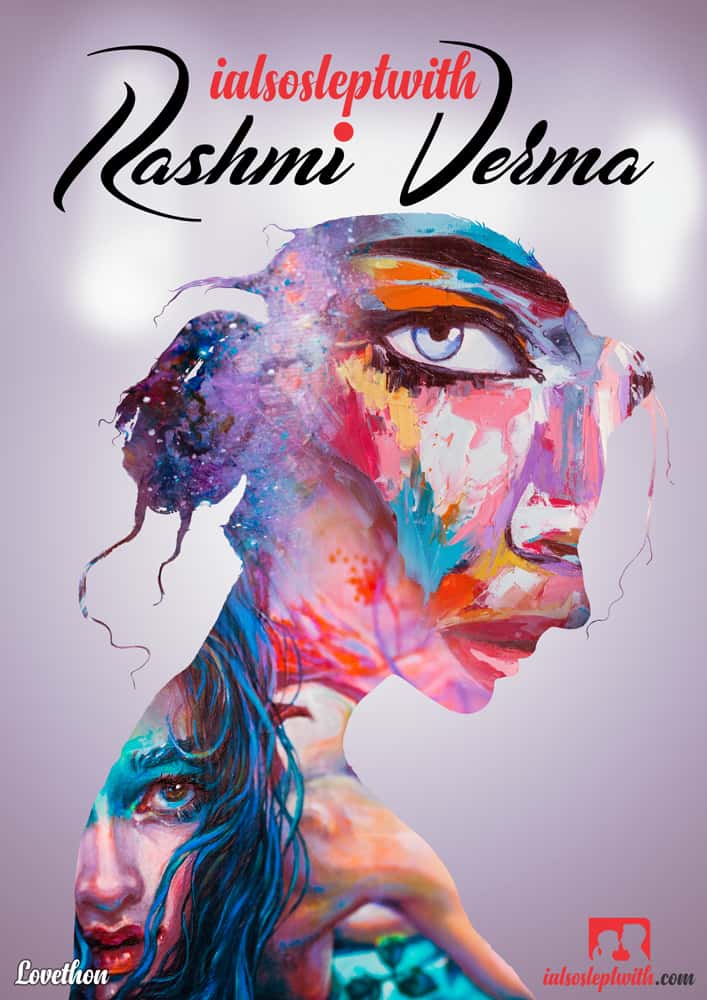
Meet the Author: Dileep Heilbronn (born Dileep Kumar Adiyattu Valappil), A Profile of Resilience and Reinvention
Dileep Heilbronn’s life reads like a masterclass in turning constraints into catalysts. Born into modest beginnings in Kerala, India, his journey to becoming a Dubai-based real estate magnate and author of The Malabari Who Loved His Ferrari is a testament to the transformative power of grit, gratitude, and unwavering self-belief. Arriving in Dubai in 1991 with just $10 in his pocket, he navigated the challenges of immigrant life with a rare blend of pragmatism and optimism—sleeping in labour camps, mastering the art of frugality, and treating every setback as a setup for a comeback. His early career at UTCC, under the guidance of Wade Adams and mentors like Mr. John Andrew Papadouris, instilled in him not only professional rigour but also the value of human connections—a theme that would define his personal and professional ethos. Over the course of three decades, he built Heilbronn Construction LLC from the ground up, embodying the immigrant dream while refusing to let success erode his humility. His story is punctuated by poignant contradictions: the man who collects Ferraris yet treasures pencils as souvenirs, the entrepreneur who thrives in Dubai’s glitz but remains deeply rooted in Indian simplicity, the self-made tycoon who credits every milestone to the support of family, friends, and divine grace.
What makes Heilbronn’s narrative universally inspiring is its rejection of superficial triumph. He doesn’t shy away from the shadows—the guilt of leaving employers abruptly, the collapse of his first marriage, the sleepless nights over financial instability—yet frames these as necessary fractures that let in light. His relationship with MJ, his second wife, exemplifies his growth: a partnership built on shared values rather than status, forged through patience and cross-cultural understanding. Even his hobbies reveal his character; his collection of 170 pencils from global travels isn’t just whimsy but a metaphor for curiosity and the dignity of small beginnings. For readers, especially young professionals and immigrants, Heilbronn’s life offers actionable wisdom: the importance of punctuality as a form of self-respect, the art of nurturing relationships in a transactional world, and the courage to redefine success on one’s own terms.

Dileep’s bond with his elder son, as described in the book, also reflects the humane side of the author. While we usually witness people with affluence invest in generating more wealth and connections, at the altar of familial and personal ties, Dileep’s journey has been entirely different. The mention of the Instagram reel featuring the red Ferrari, Dileep’s elder son, and himself carries emotions and concern. At the same time, carefully crafting the book with family photographs, photos of friends, school classrooms and friends from Kerala’s hometown, expresses how grounded and rooted Dileep is. Moreover, the author’s emphasis on the subject of a semi-retirement at the young age of 43 highlights how Dileep strives for a better work-life balance and his longing for personal relationships rather than an incessant desire to grow financially. And such expressions are often reflected by different instances in his autobiography – collection of pencils, golf tours with MJ, getting an India-registered old car to Dubai, and many others you will find in the book.
The comparison between The Malabari Who Loved His Ferrari and The Monk Who Sold His Ferrari is inevitable, given the playful nod in their titles. Still, the philosophies of Dileep Heilbronn and Robin Sharma couldn’t be more distinct. While Sharma’s protagonist abandons his high-powered life to seek enlightenment in the Himalayas, Heilbronn’s journey is about harmonising ambition with contentment—not by renouncing material success, but by integrating it into a life of purpose. Sharma’s narrative leans into escapism, advocating a clean break from the trappings of modern achievement; Heilbronn, by contrast, offers a roadmap for thriving within the chaos, not fleeing it. His Ferraris aren’t symbols of excess to be discarded, but hard-won trophies that coexist with humility, family, and a commitment to giving back. Where The Monk preaches detachment, The Malabari champions engagement with work, relationships, and the messy, beautiful process of building a legacy.
Heilbronn’s title, then, is a cheeky subversion of expectations. The “Malabari” in him, rooted in Kerala’s earthy pragmatism, refuses to dichotomise spirituality and success. Instead, he models a third way: a life where Ferraris can be loved without becoming obsessions, where boardrooms and meditation rooms hold equal value. His book’s humour and humility (think: his pencil collection or the Kerala-registered Range Rover) undercut any pretence of guru-like asceticism. The “chaos” of Heilbronn’s world—construction sites, cross-continental moves, blended families—isn’t something to transcend but to navigate with grace. In this sense, his memoir becomes an antidote to the all-or-nothing idealism of self-help tropes. For readers torn between ambition and inner peace, Heilbronn’s story whispers: You needn’t sell your Ferrari to find yourself. Just learn to drive it mindfully.
A Heart Anchored in India
Despite calling Dubai home for over 35 years, Dileep Heilbronn’s emotional compass remains steadfastly aligned with India. His memoir brims with tributes to Kerala’s landscapes, the warmth of its communal bonds, and the resilience of its people. He contrasts India’s “hospitality and family ties” with the West’s infrastructure, arguing that development must prioritise human connections over concrete. This allegiance manifests in poignant gestures, such as driving a Kerala-registered Range Rover in Dubai—a subtle homage to his roots—or his reflections on how Indians rally around one another in times of crisis. His decision to build a family home in Emirates Hills wasn’t just about luxury but creating a sanctuary where Indian traditions could thrive alongside global opportunities. Even his philanthropic pledge to donate all book proceeds underscores a commitment to uplift the less fortunate, mirroring the collectivist spirit of his upbringing. For Heilbronn, India isn’t just a memory; it’s a moral anchor, a reminder that true success is measured by how much one gives back to the soil that nurtured them.
Heilbronn’s legacy extends beyond business achievements, serving as a blueprint for holistic success. Through his book, he invites readers to see ambition not as a solitary climb but a shared journey—where Ferraris symbolise milestones, but pencils and passports tell the fuller story. His life whispers a powerful mantra: You can take the boy out of Kerala, but never Kerala out of the boy. In an era of rootless globalisation, that’s perhaps his most enduring lesson.
by Adarsh J for The Book Blog

What an incredibly moving and inspiring profile! Dileep Heilbronn’s journey is a powerful reminder that resilience, humility, and purpose can truly transform a life against all odds.